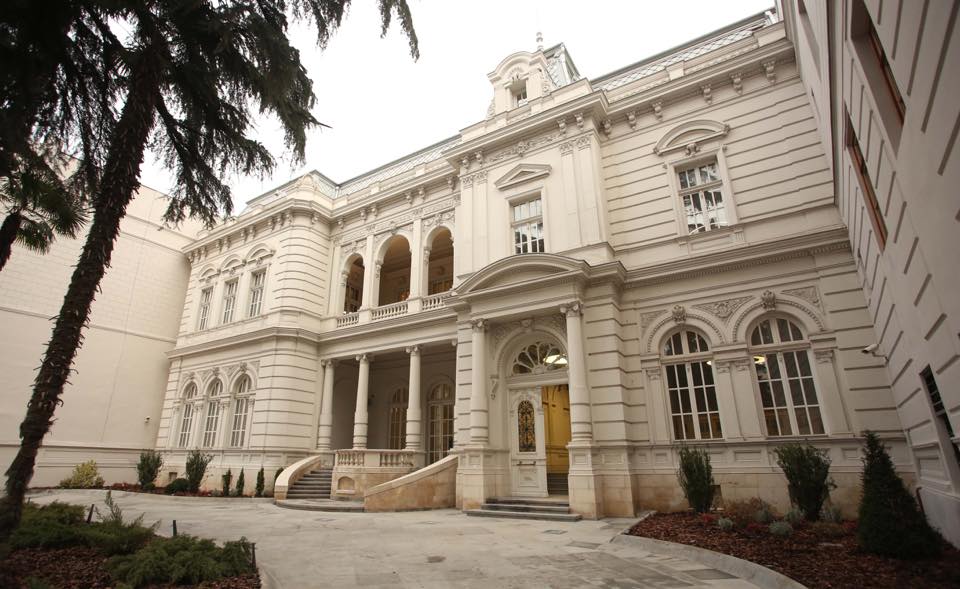President Salome Zurabishvili says the Geneva International Discussions (GID), the multilateral forum for addressing the security and humanitarian consequences of the Russo-Georgian War of August 2008, has to return to its original purpose – to serve as a format for finding political solution to the inter-state conflict between Georgia and Russia.
Zurabishvili first announced the position on January 28, following her two-day visit to Brussels. She said the format – as the only discussions forum with direct participation of Georgia’s international partners – is important and needs to be preserved, but has to become “more political, more active and more effective.”
Zurabishvili raised the point in a number of high-level meetings in subsequent months, describing the format as “overly technical,” and “overly formalistic.” The President reiterated the position in her first annual Parliamentary address on March 6, stressing the necessity of “renewing the high-level political format”.
The issue was also raised at Zurabishvili’s meeting with NATO Secretary General Jens Stoltenberg on March 25.
Speaking to reporters after the meeting, the President said the GID format “has to be more active and has to be given a political meaning, either in Geneva or elsewhere.”
“We should not find it acceptable that the matter is being addressed only at a technical level [in Geneva], because there will be no progress on peaceful [conflict] resolution, unless our partners remind the Russian Federation on a daily basis that it needs to honor its obligations,” she noted.
The #GenevaInternationalDiscussions format to resolve the conflict in Georgia’s #OccupiedTerritories needs to be changed into a higher-level of diplomatic and political dialogue. We cannot resolve our conflict with a format that merely addresses technical issues.
— Salome Zourabichvili (@Zourabichvili_S) March 25, 2019
The GID is a multilateral mediation forum co-chaired by the EU, OSCE and UN, created after the 2008 war to address security and humanitarian issues pertaining to the Russo-Georgian conflict.
GID involves delegations from Georgia, U.S. and Russia, as well as representatives of Tskhinvali and Sokhumi (both Moscow-backed authorities and the authorities ‘in exile’, based in Tbilisi) in their individual capacities.
The original procedural set-up for GID was proposed by the first Special Representative of the European Union for the Crisis in Georgia, Pierre Morel in October 2008. It foresaw participation of the three delegations – Georgia, U.S. and Russia – in the “Plenary” sessions, at the level of deputy foreign ministers or equivalent. Russia has insisted on participation of Sokhumi and Tskhinvali – following its official recognition of Abkhazia and South Ossetia as independent states – which has rendered the Plenary format impossible.
Subsequently, GID has continued in two, “expanded format” sessions, called “working groups,” with the first one discussing peace and security matters, and the second – humanitarian concerns.
This post is also available in: ქართული (Georgian) Русский (Russian)

